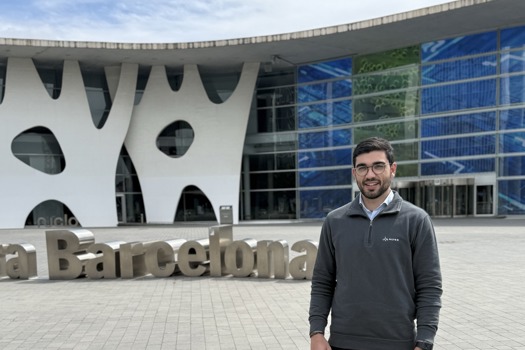Interestingly enough, environmental aspects are becoming just as important as pack design and performance. Atish Patil, packaging engineer at L’Oreal India, said: "Packaging with a strong environmental profile is clearly a must-have, not a nice-to-have for consumers."
L’Oreal has been investing money into green. PVC was forbidden by L’Oreal. In India, L’Oreal announced that after January 2010, use of PVC will be stopped. In 2010, the firm organised a go-green initiative in association with Times of India; and launched a series of products.
Paulose Parrakadan, country manager of R-Pac India, said: "Environmental aspects are becoming as important as pack design and performance, and it’s obvious that environmental concerns and sustainability are key issues for both brand owners and consumers. Today, besides audits and certifications, R-Pac ensures they use paper that is "lead-free".
Soma Roy, an executive (now with Marico) said: "Nerolac was the first brand in India whose eco-clean TVC said no-lead, no-mercury, no-arsenate and no-chrome. This was Nerolac’s first green product. Nerolac invested in R&D to reduce the VOC." They are also one of the first to make green a marketing initiative.
The latest research from Tetra Pak (who have an impressive all-green factory near Pune) shows that consumers across the globe are more environmentally aware about packaging than ever. A study, conducted by Euromonitor, polled 6,600 consumers in ten countries, along with 200 industry influencers, found that 88% of consumers expressed a preference for products in recyclable packaging, while 77% said they made a decision about whether or not to buy a product depending on whether or not its packaging was better for the environment.
Dasgupta said: "India needs an environmental calculator. This will enable us to calculate carbon footprint and how to go-green." It’s the need of the hour.
Can the Indian brands and brand creators come up with a simple way to calculate the carbon footprint? It may not be accurate but at least it will give us a starting point.
Big brands send out green message to consumers
During the third Indo-German Packaging Conference, PrintWeek India hosted a discussion with brands like L’Oreal, Marico, R-Pac and Unilever. The subject was: the protocol for packaging sustainability.
Prabodh Dasgupta of Hindustan Unilever, said: "Clever design ideas and new packaging treatments can involve months of client-side preparation and deliberation."
Interestingly enough, environmental aspects are becoming just as important as pack design and performance. Atish Patil, packaging engineer at L’Oreal India, said: "Packaging with a strong environmental profile is clearly a must-have, not a nice-to-have for consumers."
L’Oreal has been investing money into green. PVC was forbidden by L’Oreal. In India, L’Oreal announced that after January 2010, use of PVC will be stopped. In 2010, the firm organised a go-green initiative in association with Times of India; and launched a series of products.
Paulose Parrakadan, country manager of R-Pac India, said: "Environmental aspects are becoming as important as pack design and performance, and it’s obvious that environmental concerns and sustainability are key issues for both brand owners and consumers. Today, besides audits and certifications, R-Pac ensures they use paper that is "lead-free".
Soma Roy, an executive (now with Marico) said: "Nerolac was the first brand in India whose eco-clean TVC said no-lead, no-mercury, no-arsenate and no-chrome. This was Nerolac’s first green product. Nerolac invested in R&D to reduce the VOC." They are also one of the first to make green a marketing initiative.
The latest research from Tetra Pak (who have an impressive all-green factory near Pune) shows that consumers across the globe are more environmentally aware about packaging than ever. A study, conducted by Euromonitor, polled 6,600 consumers in ten countries, along with 200 industry influencers, found that 88% of consumers expressed a preference for products in recyclable packaging, while 77% said they made a decision about whether or not to buy a product depending on whether or not its packaging was better for the environment.
Dasgupta said: "India needs an environmental calculator. This will enable us to calculate carbon footprint and how to go-green." It’s the need of the hour.
Can the Indian brands and brand creators come up with a simple way to calculate the carbon footprint? It may not be accurate but at least it will give us a starting point.










